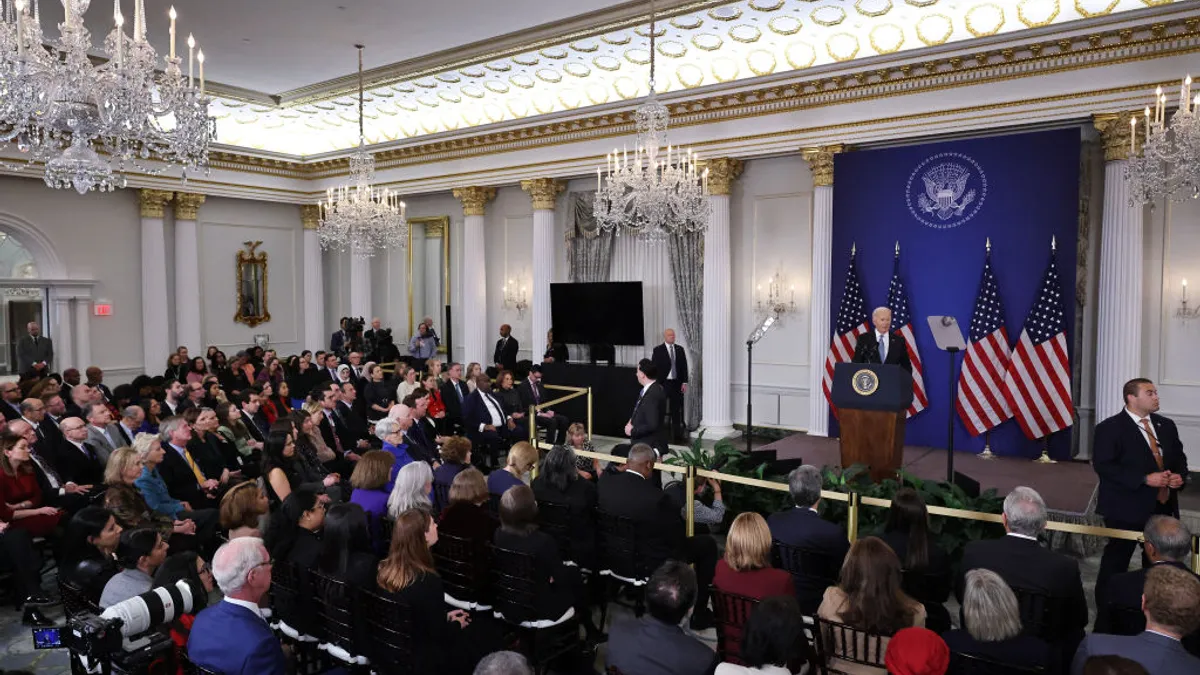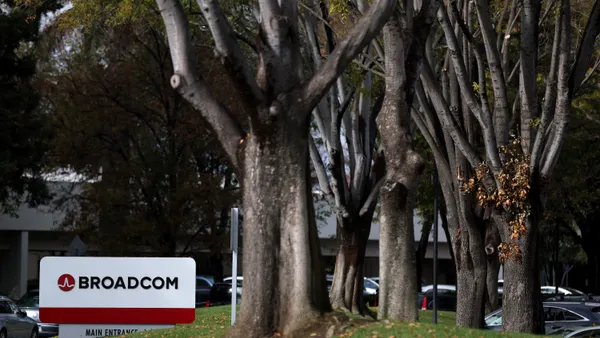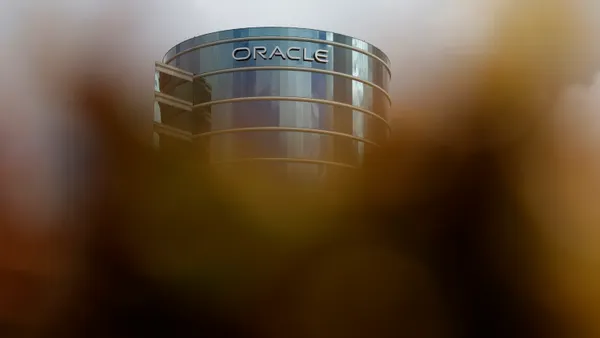Dive Brief:
- The White House unveiled new guardrails for AI development and advanced computing chip exports Monday, just days before the end of President Joe Biden's term.
- The rules create a tiered system for access to high-end processors and computing power, ultimately restricting AI chip and model weight access for countries not included in a list of 18 key allies. The new rules will also limit offshoring data center operations for AI development.
- “In the wrong hands, powerful AI systems have the potential to exacerbate significant national security risks,” the White House said. “Today, countries of concern actively employ AI – including U.S.-made AI – in this way, and seek to undermine U.S. AI leadership.”
Dive Insight:
With a new administration just days away from taking over, business leaders are preparing for change. However, average organizations won’t have to worry about the newly proposed AI rules, according to Biden administration officials.
“We want, and it's in our interest, for ordinary commercial business in AI to continue uninterrupted by this rule,” U.S. Commerce Secretary Gina Raimondo said during a press call. Instead, the overall goal of the proposed rule is to build a global trusted technology ecosystem enabling the diffusion of chips and AI while also safeguarding national security, Raimondo said.
Tech industry titans, like Nvidia and Oracle, have pushed back on the Biden administration’s planned AI policy.
“Rather than mitigate any threat, the new Biden rules would only weaken America’s global competitiveness, undermining the innovation that has kept the U.S. ahead,” Nvidia’s VP of Government Affairs Ned Finkle said in a statement Monday.
Tech giants, like Nvidia, have enjoyed sustained revenue spikes since the AI gold rush kicked off. Finkle characterized the new rules as a “sweeping overreach” and praised the policies put forth during President-elect Donald Trump’s first term.
Oracle’s EVP Ken Glueck expressed similar concerns about the proposed regulation in a blog post last week.
“We all agree on the need to protect national security from the very real threats from certain AI uses; however, this rule does more to achieve extreme regulatory overreach than protect U.S. interests and those of our partners and allies,” Glueck said.
Organizations have a 120-day period to provide commentary on the export and model weight restrictions, giving the Trump administration control over changes moving forward.
Analysts expect the incoming administration to govern with a light regulatory touch. The president-elect in December picked investor and entrepreneur David Sacks to help guide the administration’s AI and crypto policy.















